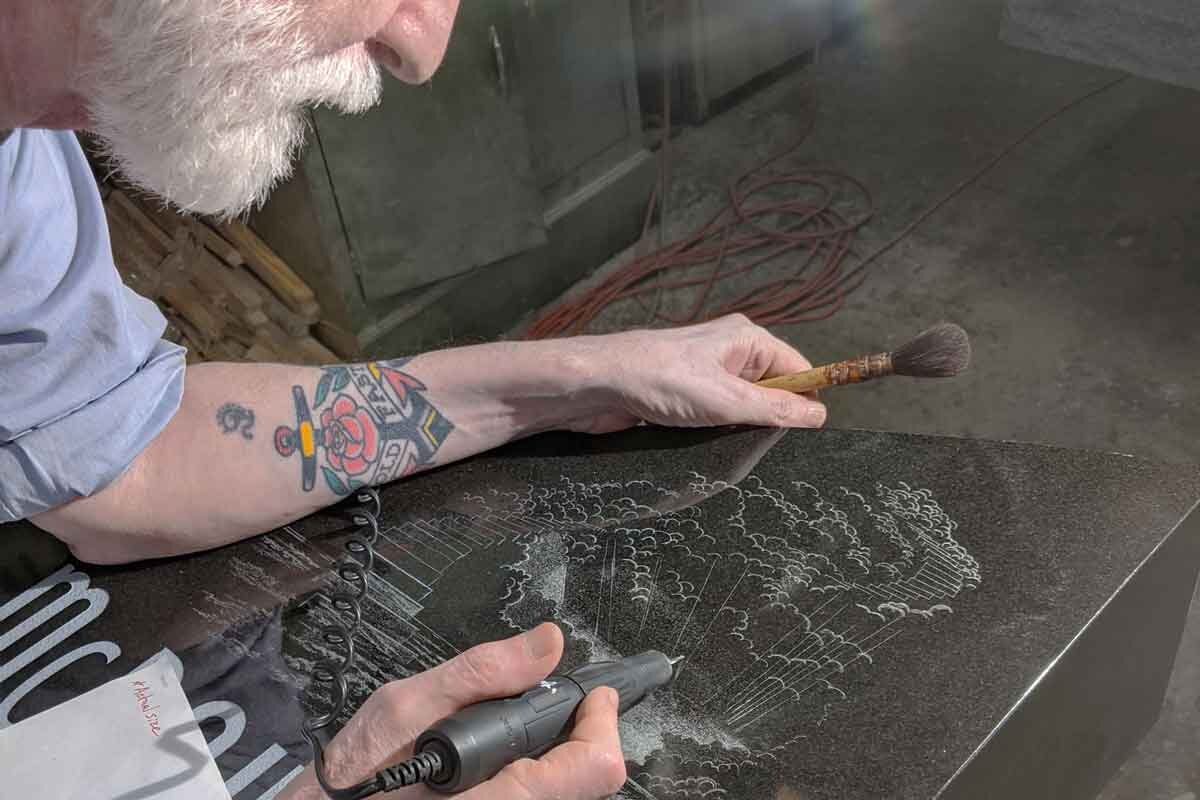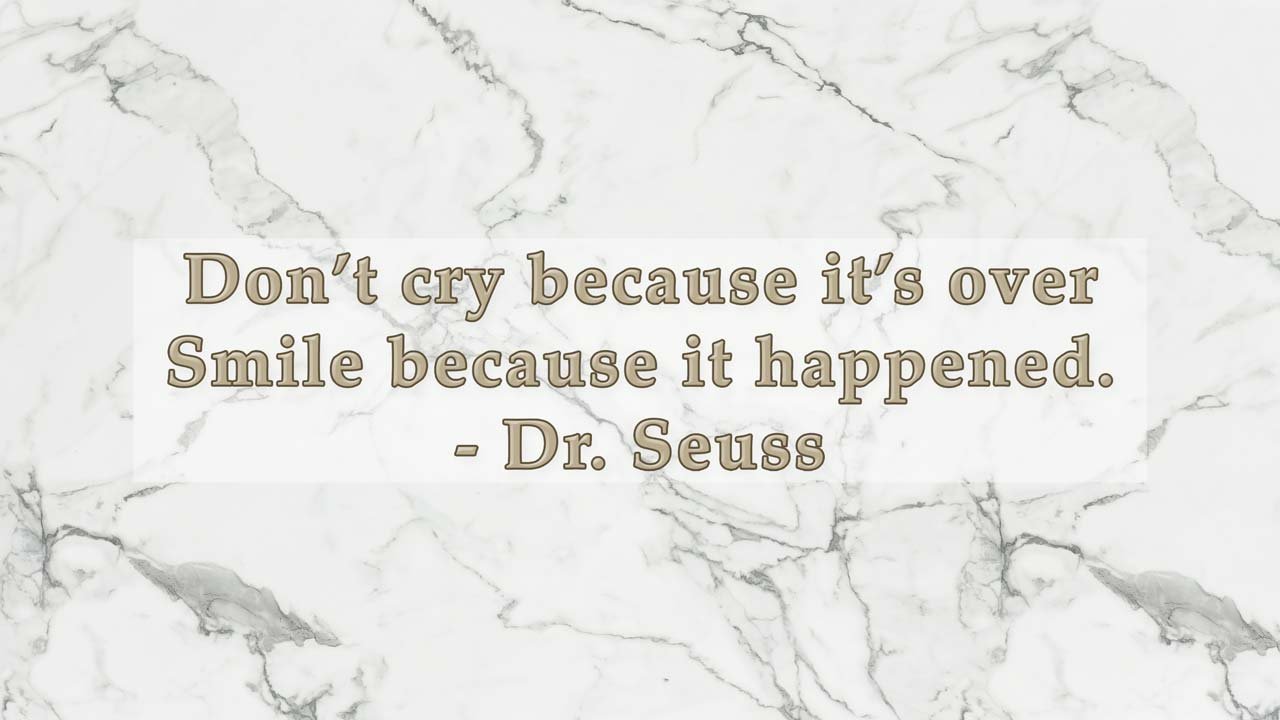Perpetual Care Cemeteries
Choosing the right cemetery can make a world of difference when it comes to preserving a legacy. Every cemetery operates on a different set of rules (or lack of rules), has different levels of service, and different associated costs. A perpetual care cemetery is the most regulated type of cemetery, with rules designed to ensure your loved one's final resting place is always cared for and respected. In this article, we'll define perpetual care and explain why you may or may not want to choose a cemetery with perpetual care.
What is a Perpetual Care Cemetery?
A perpetual care cemetery is one that offers ongoing “permanent” care and maintenance of the cemetery grounds and gravesites within. Perpetual care cemeteries essentially guarantee that their gravesites will be well managed and maintained forever.
How can a business guarantee that the service that you pay for now will be effective decades or centuries into the future? Enter the care and maintenance trust fund. By law, perpetual care cemeteries are required to keep a portion of the money you pay in a trust that cannot be touched until the cemetery is full and no longer able to sell services to generate the income needed to maintain the cemetery.
Owners of perpetual care cemeteries must pay annual licensing fees to keep their legal status as a perpetual care cemetery. This license is meant to ensure that a perpetual care cemetery company understands and abides by state laws.
Additionally, perpetual care cemeteries are businesses, not just a burying ground like many old traditional cemeteries. They have full-time employees and day-to-day operating schedules - they have significant overhead costs and the services they charge must be able to cover their operating expenses. For this reason, a perpetual care cemetery will typically cost more than alternatives.
A number of large corporations own dozens or hundreds of perpetual care cemeteries across the nation. As is common among any large corporation, their shareholders prioritize profit which means you’ll pay a premium.
What Does Perpetual Care Mean on a Headstone?
On a headstone, perpetual care means that the cemetery will maintain and care for the area around the monument, headstone or grave marker into perpetuity. The perpetual care on a headstone can include but is not limited to the following items:
Removal of floral arrangements when becoming dirty or unsightly.
All work reasonable to ensure a good general appearance of the grave marker or headstone, mainly trimming and mowing grass around the headstone.
Realigning and leveling of markers when necessary.
Removal and replacement of markers if required for future internments
Assuming responsibility of reasonable repair or replacement should a marker or headstone ever be damaged by the cemetery during care and maintenance.
How Much Does Perpetual Care Cost?
Each perpetual care cemetery will have different costs for their services. How much a perpetual care cemetery costs can be broken down into four main expenses: Burial Plot Cost, Internment Fees, Headstone or Grave Marker Cost, and Perpetual Care Fees.
Burial Plot Costs
In 2023, the average burial plot for an adult will cost between $1,200 - $2,000. Many perpetual care cemeteries will offer discounts on burial plots purchased in bulk.
Internment Fees
Opening and closing a single grave will cost about $1,500 in 2023. Most cemeteries have average opening and closing rates for normal weekday hours - rates are often higher for special hours like late afternoons, weekends, or holidays.
Cremation internment fees are often much lower than traditional burial fees.
Headstone or Grave Marker Costs
If the perpetual care cemetery and section you choose allows upright or flat granite memorial stones, then you have a lot of flexibility when it comes to the cost you pay for a headstone or grave marker. Flat granite grave markers start at $599, a whopping $2,000 less than the average flat bronze grave marker. Here’s the full list of granite headstone average costs in 2023:
Single upright headstones: $1,499 - $2,999
Double upright headstones: $1,999 - $4,999
Single Grave Markers (flat): $599 - $799
Double Grave Markers (flat): $1,249 - $1,999
Single Slant: $949 - $1,649
Double Slant: $1,499 - $2,999
Grave Ledger: $3,249 - $5,999
If the perpetual care cemetery you choose requires all grave markers to be made of flat bronze, then expect the memorial to start at a much higher cost. Bronze, a precious metal, is the most expensive material in which to craft a grave marker. In 2023, the average bronze prices are as follows:
Single bronze grave marker: $2,699 - $3,499
Double bronze grave marker: $3,999 - $5,999
Many people often mistake bronze cemeteries as being the less expensive option because the grave markers appear so simple and unassuming - this could not be further from the truth. Expect to pay more if you choose a bronze cemetery.
Perpetual Care and Maintenance Fees
The perpetual care and maintenance fee is often the most misunderstood cost of any perpetual care cemetery. Families often assume that this fee is paid with the purchase of the burial plot or internment, but this is never the case.
The perpetual care and maintenance fee is a rate based on the size of the headstone or grave marker. Since different memorials are different sizes, the fee can only be paid after a headstone or grave marker has been purchased. This fee is always charged by the cemetery, never by the monument company; however, a reputable monument company will know which cemeteries have these fees and will guide you to assure that you understand the fee and that it is handled properly. Many monument companies will even collect and forward the perpetual care fee to the cemetery on behalf of the purchaser and lot owner. A perpetual care cemetery has the right to refuse the installation of any headstone or grave marker until the perpetual care and maintenance fee has been paid by the lot owner.
The fee is based on the footprint or the area of the headstone or grave marker that touches the ground. We commonly see perpetual rates as low as 30 cents per square inch and as high as $1 or more per square inch. For an average size monument, the fee can range from a couple hundred dollars to one thousand dollars or more. It all depends on the rate per square inch and the footprint (size) of the memorial.
Use the example below to help calculate the perpetual care fee.
To calculate the total square inches, multiply the width and depth (footprint) of the monument base and any markers. Then, multiply that number by the perpetual care fee rate.
Overwhelmingly, the perpetual care and maintenance fee is not viewed in a good light - it is often the last fee to be paid after families have already expended a good amount of money. However, the perpetual care and maintenance fee is designed to protect and serve the family (you) and the deceased. How well this fee serves you ultimately depends on the specific perpetual care cemetery that you choose.
Is Perpetual Care Worth it?
Whether a perpetual care cemetery is worth it or not depends on your personal values, preferences, and budget. Perpetual care cemeteries are often more expensive when compared to smaller church or traditional cemeteries. A perpetual care cemetery must charge adequately in order to satisfy their care and maintenance requirements.
The Good
Many families find comfort knowing that their loved one’s grave will be well-kept for generations to come and will gladly pay a premium for the peace of mind. For this reason, perpetual care cemeteries are typically the most popular type of cemetery in communities across the nation.
Some of the perpetual care cemeteries have a reputation for maintaining a beautiful landscape and providing their clients with outstanding service. Even though some cemeteries charge premium fees, their services far exceed any others and (I believe) the premium fee is completely justified. Some perpetual care cemeteries are truly a cut above the rest.
The Bad
Just like any other industry, not all perpetual care cemeteries are fair and honest. I’ve seen perpetual care cemeteries gouging and harming families by enforcing useless rules that are only designed to pad their own pockets.
One dishonest practice is to mislead families into thinking that every part of the memorial and service must be purchased through the cemetery. Some cemeteries say this just so they can jack up grave marker and headstone prices, knowing that you won’t shop around and realize how outrageous their costs are. Some families would be shocked and feel completely deceived to learn that they paid 200% - 300% or more than average for their grave marker or headstone. By law, you always have the choice to purchase a headstone or grave marker any monument company you choose, and doing so could save you thousands. If a cemetery person tells you otherwise, then it’s a sure-fire sign that they are dishonest and shouldn’t be trusted with your family’s legacy.
Discriminatory practices are common too. Some perpetual care cemeteries try to reel you in by telling you that they’ll waive certain fees if you purchase certain items, like headstones, from them. Once again, by law, a perpetual care cemetery must abide by certain rules and cannot charge fees to one family and not the next - this is discrimination, and I personally would never trust a cemetery that practiced such shady tactics. If a perpetual care cemetery tells you that their waiving a certain fee, you’ll still be paying it, only you’ll be paying it in the inflated cost of some other item.
For the majority of perpetual care cemeteries, you’re paying a premium for peace of mind, but a dishonest few forsake their promise and misuse the perpetual trust fund. If a trust fund is being used prematurely, then how can the cemetery fulfill their longterm promise to care for your family’s memorial and grave? It’s simple, they can’t.
Thankfully, the majority of perpetual care cemeteries are honest and trustworthy, but be aware that bad perpetual care cemeteries do exist.
What to Look For in a Perpetual Care Cemetery
A good perpetual care cemetery will stand out for all the right reasons. Is the staff knowledgable and compassionate? Are the grounds, grass, and hedges well-kept and clean? Is the cemetery run like a reputable business? Do the monuments, headstones and gravestones exemplify good taste and artistry? If the answer is yes, then more than likely the cemetery is a safe choice for you, your loved one(s) and your legacy. Personally, I would pay $2,000 to $3,000 more if I knew a cemetery was competent, honest, and followed through on their promises.
Look around the cemetery - Is there trash everywhere or neglected maintenance? This may be a sign of incompetent management.
Ask questions about the care and maintenance trust fund - Make sure that it is not being used prematurely.
Always get a written copy of ALL associated fees - Make sure that you understand each fee and when it is due. Make sure that you understand how each fee benefits you - not just the cemetery.
Always get a written copy of the rules and regulations - make sure you understand them before purchasing burial plots. Rules are (mostly) a good thing. Good rules can establish a standard and elevate a cemetery’s attractiveness. Bad rules can hurt families - now and forever. The difference between a good perpetual care rule and bad one may just depend on your perspective and values.
Conclusion
When it comes to choosing the right cemetery, you have all the power and freedom of choice. You can choose whichever cemetery most aligns with your values and budget. It is very difficult to make sound judgments in short timeframes after the loss of a loved one - The best way to assure that you’re making the right choice is to be proactive and plan ahead. Visit some cemeteries in your area and talk with loved ones about your wishes - ask them about their wishes. You can even make some pre-arrangements with the cemetery or funeral home of your choice. Planning ahead and saving family members the stress of decision making in a time of grief is one of the best legacies one can leave behind.



